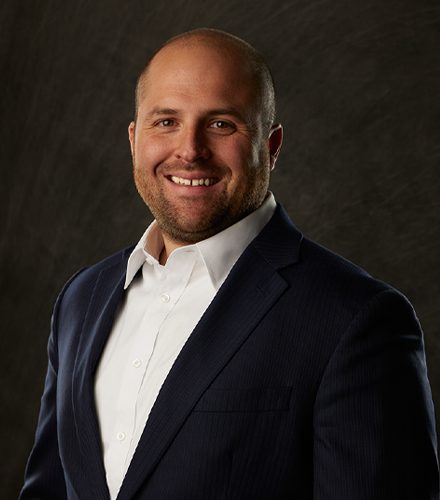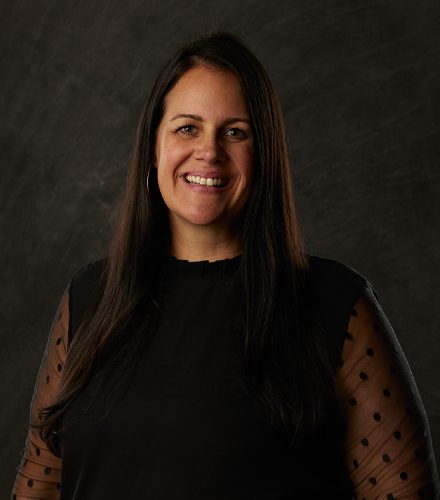Should I Prioritize Paying Off Debt or Investing for the Future?
Our Blog
Should I Prioritize Paying Off Debt or Investing for the Future?
Managing personal finances can feel like walking a tightrope. Many individuals juggle multiple priorities, trying to decide if they should pay off debt or invest for the future. Even though you have credit cards, student loans or mortgages to pay off, investing your wealth can be equally enticing. Striking the right balance between these two goals is key to setting yourself up for long-term financial independence. At Harvest Wealth Partners, we understand that every financial situation is different, and decisions like these must be tailored to your circumstances.
Key Factors to Consider
When deciding where to focus your financial efforts, several factors come into play. Carefully evaluating these aspects can help you make an informed decision that aligns with your long-term goals.
1. Interest Rates and Debt Types
One of the most critical factors to consider is the interest rate on your debt. High-interest debt, like credit cards or personal loans, can significantly hinder your financial progress. One rule of thumb is this: If the interest rate on your debt is 6% or higher, prioritizing debt repayment might make more sense. Why? Because even the potential returns from investments might not outweigh the cost of carrying that debt.
For example, if you’re paying 15% annual interest on a credit card, leaving that balance untouched while investing your money elsewhere likely results in a financial loss over time. Conversely, low-interest debt, such as a mortgage or a student loan, might justify a different approach. If the interest rate is below 4-5%, and particularly if it’s tax-deductible, consider splitting extra income between paying down the loan and investing.
2. Your Financial Goals
Think about what you want to work toward. Are you looking to save for retirement or plan for a large expense, such as buying a home? If you don’t yet have an emergency fund to cover three to six months of living expenses, that should take precedence. Once you’ve built a buffer, you can start to explore which goal to prioritize next.
Long-term goals, like retirement, often require consistent contributions to investments. Starting early gives your money time to seek growth through compound interest, which works better the more time it’s given. However, substantial high-interest debt could limit your ability to save for these goals by eating into your finances.
3. Age and Investment Horizon
Your age and how close you are to retirement also shape the decision. For younger individuals, there’s more time to take advantage of compounding returns and recover from market fluctuations. This might make it more appealing to start investing sooner. For those nearing retirement, addressing debt can bring financial confidence in one’s golden years.
4. Risk Tolerance
Your comfort level with risk also plays a role. Investing involves uncertainties, while paying off debt often provides the potential for returns in the form of saved interest payments. If you’re risk-averse, you may prefer paying down debt to enjoy the financial benefit of reduced interest costs.
A Balanced Approach
For many, a strategic approach isn’t simply one or the other. Instead, you can allocate resources toward both goals based on your situation. For instance, you might dedicate a portion of your monthly income to paying down debt while placing the rest in a diversified investment account. Striking this kind of balance lets you make progress on reducing liabilities while also building assets.
Partner with Harvest Wealth Partners
Making financial decisions can be complicated, but you don’t have to do it alone. At Harvest Wealth Partners, we believe in helping you create a plan that’s tailored to your needs and aspirations. Our mission is to guide you toward financial freedom by understanding your goals and recommending strategies you can feel confident in.
If you’re uncertain about whether to focus on paying off debt or investing, we’re here to help. Contact us today for personalized support on building a financial plan that works for you.
All investing involves risk including loss of principal. No strategy assures success or protects against loss. There is no guarantee that a diversified portfolio will enhance overall returns or outperform a non-diversified portfolio. Diversification does not protect against market risk.
We Are Your
Partners for
Years to Come
Harvest Wealth Partners is committed to helping our clients work towards a successful future. We believe in your potential to understand the financial options that can lead you to your goals. Call us today to partner with our team. We look forward to continuing our mission for years to come.
Contact Us Today
We Are Your Partners for Years to ComeHarvest Wealth Partners is committed to helping our clients work towards a
successful future. We believe in your potential to understand the financial options that
can lead you to your goals. Call us today to partner with our team. We look forward to
continuing our mission for years to come.
Contact Us
Fill out our quick form to connect with us.














